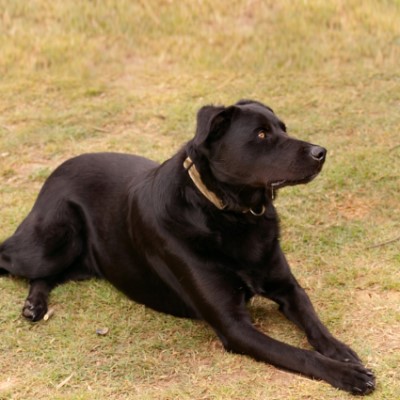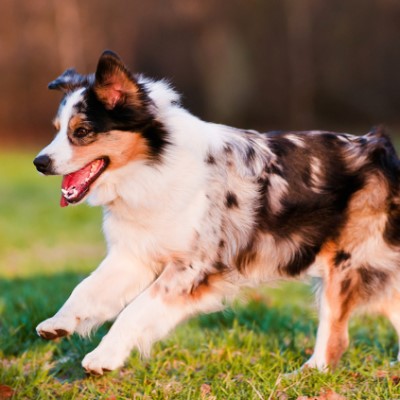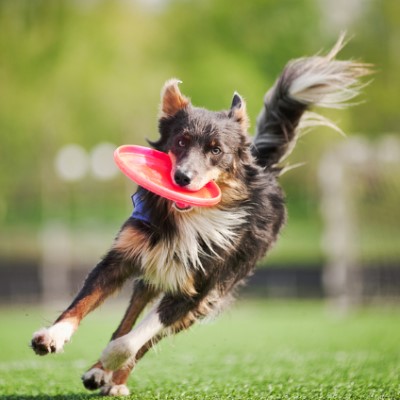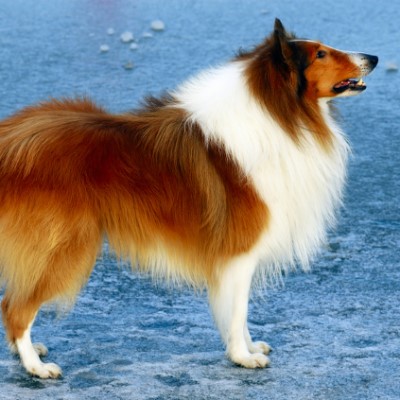Common Reasons for Surrender
Behavioral problems sometimes lead to a Pembroke Welsh Corgi’s surrender. Some Pembroke Welsh Corgis do not get along with other dogs in the family while others are prone to snapping, which often leads to their surrender to a shelter or a rescue. Other reasons have little do to with the breed, including the family moves to a home that does not allow pets, a new baby arrives, or the family simply cannot afford to care for a pet anymore due to finances.
Pros
A loyal breed, Pembroke Welsh Corgis love being with their families and, in order to thrive, must live indoors as part of the family. If you go somewhere with the family, your Pembroke Welsh Corgi will be happy to go along, too. Curious and intelligent dogs, Pembroke Welsh Corgis tend to learn easily and do not typically bark excessively.
Cons
A Pembroke Welsh Corgi sheds profusely, so they aren’t a breed for allergy sufferers. Because of the shedding, Pembroke Welsh Corgis need grooming regularly. Even though she will not like it, this breed needs to have her nails trimmed every few weeks. Their intelligence, which allows them to learn quickly, can also be used to take advantage of their humans to get what they want. As a result, Pembroke Welsh Corgis will do best in a home with someone who has experience with dogs.
Pembroke Welsh Corgis do best in a home without small children unless the children are taught to respect the dog. Otherwise, nips may occur.
Diet
Purchase a high quality dry kibble to feed your Pembroke Welsh Corgi as he will need a protein-rich diet. The Pembroke Welsh Corgi usually does well on one cup of kibble a day, which you might want to split into two meals. You may also want to give, again in moderation, tuna, salmon, cottage cheese, or yogurt. Be careful as to what you feed your dog as you do not want him to gain excess weight, a problem with some Pembroke Welsh Corgis.
Treats should always be fed in moderation to ensure your dog doesn’t become overweight. Baby carrots or low calorie dog biscuits are both ideal options. However, never give your Pembroke Welsh Corgi a bone (or even a toy with a squeaker). They have powerful jaws and if a bone (or a toy) breaks apart, your dog may digest them, causing him to become sick.
Exercise
The Pembroke Welsh Corgi is an active breed that needs moderate exercise (“the more the better” is the general rule). Take your dog for several walks daily, and allow him time to run and play in a fenced-in yard or at the dog park. Throw a ball for your Pembroke Welsh Corgi, and he will happily retrieve it again and again. You’ll know your dog has had enough exercise when you find her taking a nap.
Grooming
The Pembroke Welsh Corgi has double coats, sheds constantly, and needs to be brushed daily. Otherwise, many consider them “a self-cleaning breed.” Brush your Pembroke Welsh Corgi daily and give him a bath when necessary. You will only need to trim the hair on the pads on the bottom of your dog’s paws. Never shave, clip, or cut your Pembroke Welsh Corgi.
Training
Never use negativity or harsh words when training with a Pembroke Welsh Corgi. If you do, your dog may decide she never wants to cooperate with you. An intelligent breed that learns quickly, your Pembroke Welsh Corgi will respond best to praise and treats when she does something right. Avoid being repetitive in training, or you risk boring your dog.
Entertainment
To keep your Pembroke Welsh Corgi happy, keep him active. In addition to long walks and romps in the yard, most Pembroke Welsh Corgis enjoy going for hikes, running, swimming, and chasing after a ball. Sometimes, the entertainment for a Pembroke Welsh Corgi is just chilling out on the couch with his family.
We want to thank Brumbaer Pembroke Welsh Corgis and PWCCGS Rescue for help with this profile.






